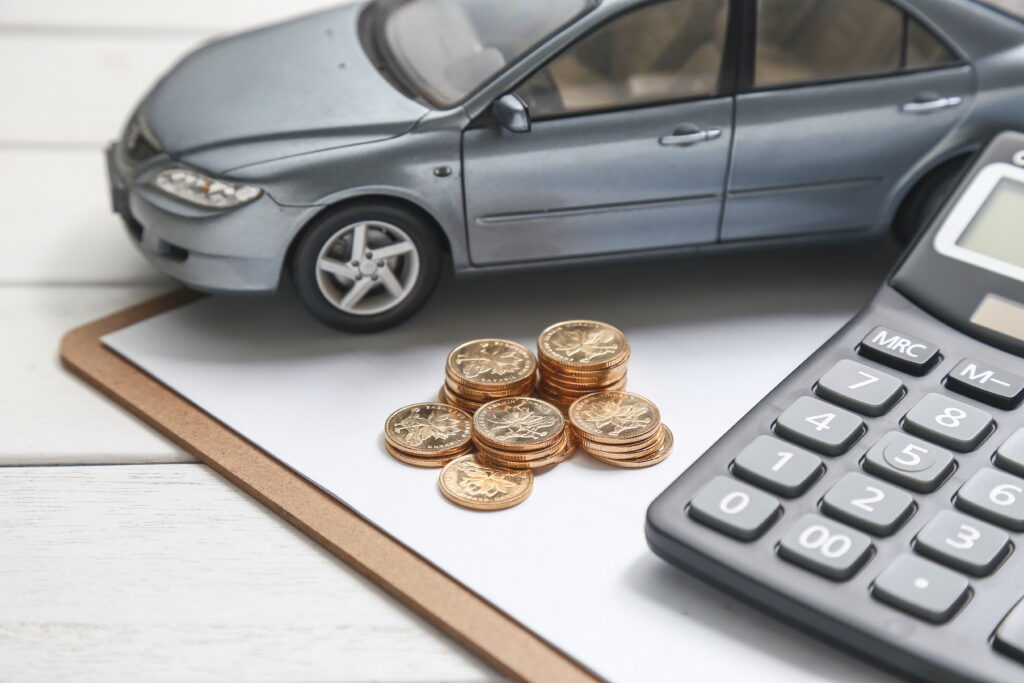If you use a vehicle for business whether you own a truck taxi delivery van or even a fleet of autos then having the right commercial vehicle insurance isnt just a formality. It’s your safety net.
Accidents damage theft or legal troubles can show up without warning. And when youre running a business even a small disruption can throw things off balance. Thats where commercial vehicle insurance steps in protecting not just your vehicle but your livelihood.
In thies article well walk through what commercial vehicle insurance really is why it matters what it covers and how to make sure your getting the best deal for your specific needs.
What is a Commercial Vehicle Insurance ?
Commercial vehicle insurance is a best policy designed specifically for vehicles used in business or commercial activities. That includes goods carrying trucks passenger carrying taxis school vans tempo travelers autorickshaws and even e rickshaws.
Unlike private car insurance commercial vehicle insurance offers broader coverage because the risk is higher these vehicles are on the road more often carry goods or people and are a key part of daily operations.
In Short:
If the vehicle is used for work not just personal use it qualifies as commercial.
You need a commercial insurance policy to be legally covered.
Why Is Commercial Vehicle Insurance Important?
Lets say your delivery van gets into an accident on a busy road. Theres damage to your van the goods inside and maybe even a third party vehicle or person. Without insurance the expenses and liabilities can be overwhelming.
Key Reasons You Need It:
Legal Requirement: In most countries (including India) third party commercial vehicle insurance is mandatory by law.
Financial Protection: Accidents theft vandalism or natural calamities insurance saves you from heavy repair or replacement costs.
Business Continuity: You can’t afford long downtimes. Insurance helps you get back on the road faster.
Third Party Liability: If your vehicle injures someone or damages property your protected against lawsuits or medical bills.
Types of Commercial Vehicle Insurance
You generally have two broad types of policies to choose from:
- Third Party Insurance (Mandatory)
This is the bare minimum you must have under the law. It covers:
Injury or death caused to another person
Damage to someone elses property
It does not cover damage to your own vehicle or goods.
- Comprehensive Insurance
This gives you full protection, including:
Damage to your own vehicle
Theft
Fire and explosion
Accidents
Natural disasters (like floods, earthquakes)
Man made events (like riots, vandalism)
Third party liability
This is strongly recommended if your vehicle is valuable or essential to your business.
Whats Covered Under Commercial Vehicle Insurance?
✅ Typically Covered:
Accidental damage to your vehicle
Third party injuries or property damage
Theft or total loss
Fire, explosion, or natural disasters
Personal accident cover for the driver/owner
Towing charges in case of breakdown
Damage during transit (by road, rail, or inland waterways)
❌ Not Covered:
Regular wear and tear
Mechanical or electrical breakdowns
Damage from driving under the influence
If driver has no valid license
Illegal usage of the vehicle (e.g., for racing)
Overloading or violating permit conditions
Optional Add Ons That Offer Extra Protection
You can modify your policy with optional covers.These may cost a bit more but they provide added peace of mind.
Zero Depreciation Cover: Get full value of parts replaced, without depreciation cuts.
Engine and Gearbox Protection: Especially useful in flood-prone areas.
Return to Invoice: In case of total loss, get the full invoice value instead of depreciated value.
Loss of Revenue Cover: Compensation for downtime if the vehicle is under repair.
Passenger Cover: Protects passengers traveling in the vehicle.
Legal Liability for Employees: Covers paid drivers or conductors under the Workmen Compensation Act.
How Is the Premium Calculated?
Commercial vehicle insurance premium isn’t fixed it varies based on several things:
Vehicle type and usage (goods vs passenger vehicle)
Make, model, and engine size
Geographical area (urban areas usually have higher premiums)
Age of vehicle
Carrying capacity
Fuel type
Number of passengers or load capacity
Previous claims history
Insurers also consider whether you’ve installed safety devices, GPS, or whether the driver has a clean record all of which can reduce the premium.
IDV: Insured Declared Value Why It Matters
The IDV is the maximum amount your insurer will pay in case your vehicle is declared a total loss (stolen or irreparable). It’s usually based on the market value of the vehicle.
Higher IDV = higher premium, more coverage
Lower IDV = cheaper premium, less payout
Don’t undervalue your vehicle to save a few bucks it can backfire badly if you need to file a claim.
Understanding No Claim Bonus (NCB)
If you don’t raise a claim in a policy year, you earn a No Claim Bonus, which gives you a discount on your next premium.
It typically starts at 20% and can go up to 50% over 5 consecutive claim-free years.
Good driving not only keeps your record clean it literally pays off.
How to File a Claim Step by Step
Raising a claim isn’t as complicated as it sounds. Here’s what you need to do:
Inform the insurer immediately after an incident.
File an FIR if there’s theft or third party injury.
Collect evidence take photos of damage, get witness accounts.
Surveyor inspection your insurer may send someone to assess damage.
Submit documents RC, driving license, insurance policy, claim form.
Repair or replace either go to a network garage (cashless) or submit bills for reimbursement.
Pro tip: Always keep a digital copy of your policy and documents handy in case of emergencies.
Renewing Your Commercial Vehicle Insurance
Never let your policy lapse. An expired policy means:
You’re not legally covered
You may need vehicle inspection again
You lose your NCB discount
Renewing is easy these days most insurers offer online renewal with options to adjust your IDV, add covers, and switch providers.
Tips to Choose the Right Policy
Picking the cheapest policy isn’t always the best choice. Here’s how to choose smartly:
Assess your vehicle’s value and usage
Opt for comprehensive cover if your business depends on the vehicle
Check claim settlement ratios of different insurers
Compare add ons that suit your business type
Read user reviews for service and support experiences
Use digital tools for quick comparisons and renewal
Final Thoughts: A Small Investment with Big Protection
Running a business is tough enough without added risks on the road. A properly insured commercial vehicle doesn’t just protect your investment it gives you stability when the unexpected happens.
Don’t treat insurance like just another box to check. Spend a few minutes now choosing the right policy and you’ll save yourself a ton of hassle down the line.
Whether your transporting people or products your vehicle keeps your business moving. Make sure its covered because when your wheels stop turning everything else slows down too.


